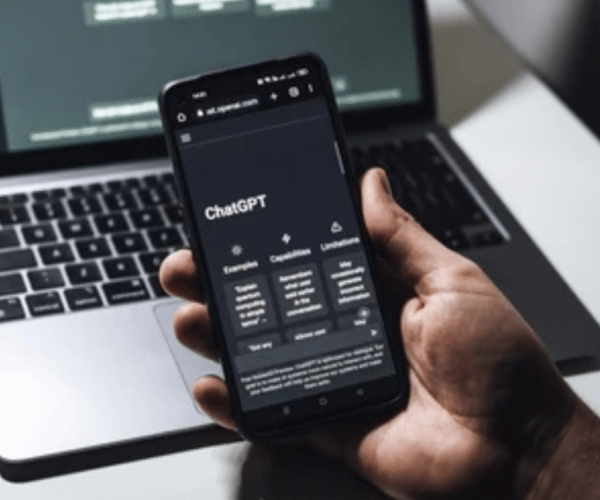
Long gone are the days when we would spend hours researching something or even paying therapists to listen to our hour-long rants- now all of it is right at the tip of our fingers. ChatGPT has made life extremely convenient, but at the same time, it has also made it rather superficial, often disassociating users from the utmost reality. As per recent reports, those who are hugely invested in the AI tool have begun to show unusual behaviour, a phenomenon which is being termed as ‘ChatGPT-induced psychosis’.
What is ChatGPT-induced psychosis?
What is this phenomenon, and what does it really mean? According to Yemeni science communicator Hashem Al-Ghaili, the excessive use of AI tools is leading to users experiencing this phenomenon, where one could endure severe psychological breakdowns.
Taking to Instagram, he wrote, “According to firsthand accounts, users with no prior history of mental illness have experienced paranoia, delusions of grandeur, and complete breaks with reality after becoming deeply absorbed in philosophical or mystical conversations with the chatbot.”
Al-Ghaili further added, “Mental health professionals are raising alarms about how these AI tools, designed to be agreeable and affirming, can unwittingly reinforce users’ delusions.” He also mentioned this particular phenomenon “appears especially dangerous for those with preexisting conditions, as chatbots sometimes fuel detachment from reality by validating conspiratorial or psychotic thoughts.”
According to a report published by Futurism, this new phenomenon has led to people parting ways in a marriage, losing jobs, and even becoming homeless. As per the publication, not everybody using ChatGPT would ideally encounter this issue, but this was only affecting those who had become “hooked” on the AI platform and used it to navigate through life.
The first time this phenomenon started creating a buzz was when a discourse around it was started on Reddit. Redditors immediately on that single thread kept sharing one harrowing story after the other, and soon after, publications and news organisations started to delve deep into it.
When asked ChatGPT about what ‘ChatGPT-induced psychosis’ is, it replied, “ChatGPT-induced psychosis” is not a clinically recognized diagnosis or medical term. However, the phrase has occasionally been used in media or online discussions to describe cases where excessive or distorted use of AI chatbots (like ChatGPT) may contribute to mental health issues, especially in individuals already vulnerable to psychosis, paranoia, or delusional thinking.”

In simple terms, anyone dealing with ChatGPT-induced psychosis would become absolutely obsessed with the generative AI tool and spend a lot of time around and on it. One of the first warning signs would always be that they forget the boundaries or the thin line that exists between what is real and what is being generated and produced by AI. Usually, one would always be slightly iffy when it comes to trusting claims made by AI tools but anyone affected by the phenomenon would imagine AI to be conscious and very human-like. Several reports suggest that they end up thinking that ChatGPT is trying to secretly communicate with them. All of them eventually lead to the person suffering from hallucinations, paranoia and delusions.
Hence, if you or anyone you know seems to be getting overtly fixated on ChatGPT, it is important to take a step back and give oneself a dose of reality. However, if one is showing signs of paranoia and delusional thinking after consuming Chat-GPT-generated content, then it is pivotal to consult a mental health practitioner at the earliest. The simplest way of avoiding this phenomenon would be by practising moderate use of the Open AI platform.